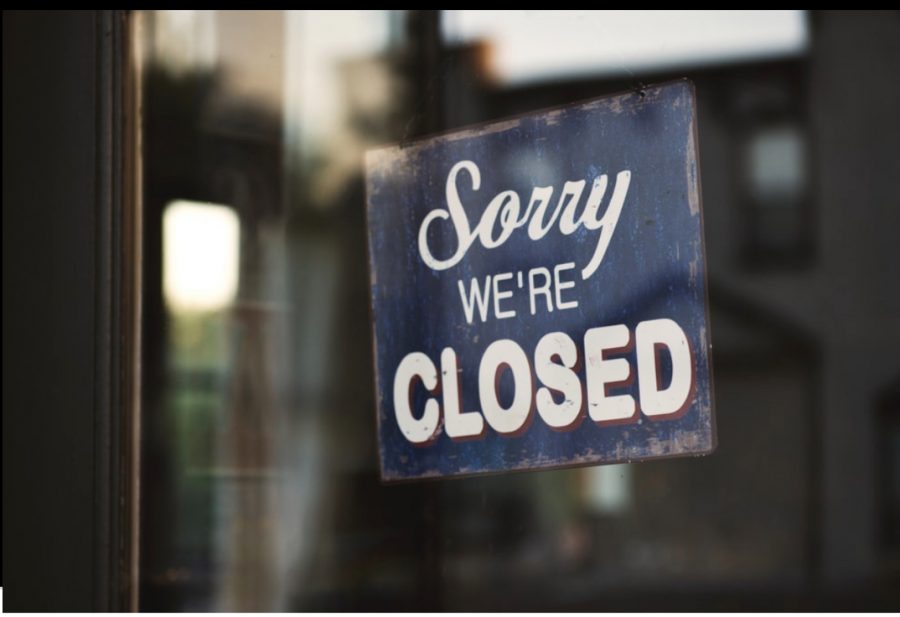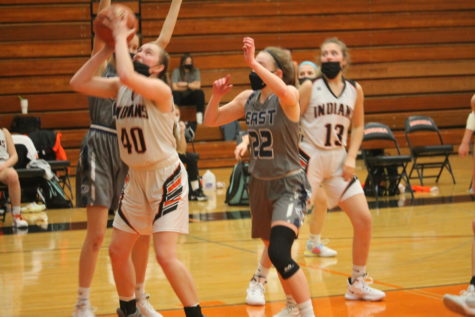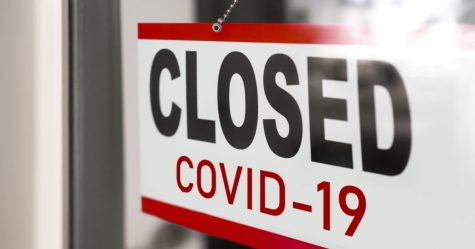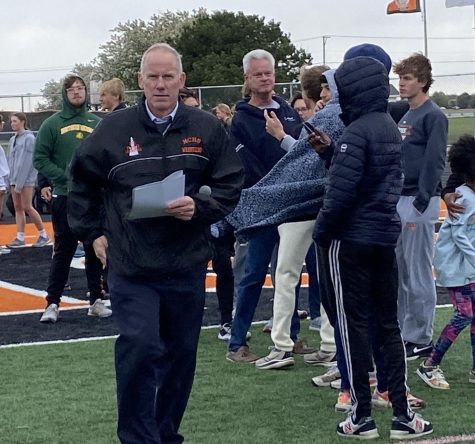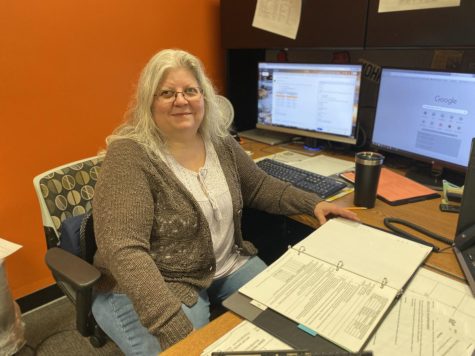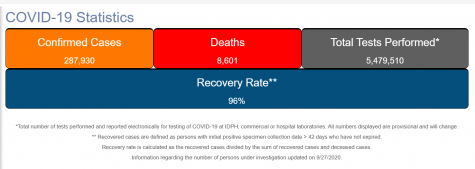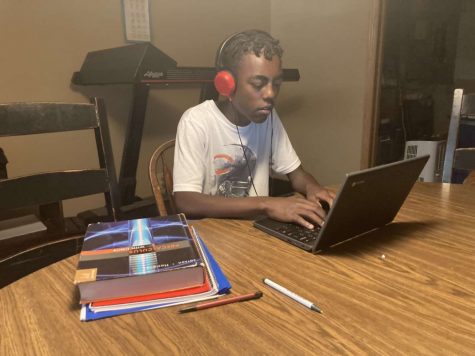Workers face smaller incomes because of pandemic
Elyse Odell works five days a week at The Timbers Of Shorewood retirement home. She is an 18-year-old server in the dining room.
Three to four days of the week she and a few other employees would work two hours a day (only working the dinner shift). On the weekends, if they were going slow, they would work up to five hours a day (lunch and dinner shift). But for Odell and others, their income was cut because they couldn’t have the residents eating in the dining room when COVID-19 began.
“My paychecks were short about $200,” Odell, MCHS graduate, said.
Not knowing when they would open up again, Odell, saving up for college, would try to pick up an extra shift working six days a week to get close to the amount she was making before COVID-19 started.
Employers lost nearly 30 million positions from payroll this spring, as reported by the Wall Street Journal. Some were lucky enough to keep their jobs, but many still lost some of their income.
Giana Walker, a 16-year-old with her first job, works at Michael’s Pizza in Joliet. She worked 35 hours or more a week, but luckily when the coronavirus pandemic had started she only lost an hour of her working day with only $60 out of her check.
Ronna Kelly, a local, living on her own with bills to pay, worked at Cracker Barrel as a waitress. She worked four days a week, a part time job. She was cut to two or three days a week working about 7 hours a day. Her paychecks were first cut in half, then she got it back to the regular amount until it closed for two weeks.
“How am I going to survive my car payment with no money coming in?” Kelly said.
Kelly ended up getting unemployment so she was able to pay her bills. Others were not so lucky.
Salli Carmichael runs her own store called Sincerely Salli’s on Water Street in Wilmington. She sells antiques and has built up her store all on her own.
Carmichael, age of 73, couldn’t work when the coronavirus had started. And even after she could open, she had just had eye surgery and wasn’t able to leave her home. She not only had to pay for home and car bills, but her shop as well. Although she had her Social Security check, it wasn’t enough to cover her bills.
“I had bills at the store with $0.00 coming in for three months,” Carmichael said.
Carmichael’s Facebook page for her shop shows that some people are afraid to go in small stores. The normally busy lively street she is on is empty most of the time even after opening up their business was cut in half.
“Several don’t think they’ll be able to stay open,” Carmichael said.
Sole proprietor businesses, which is what Salli’s is, did not qualify for any type of financial help.
There are many people that lost their jobs and weren’t as fortunate to still get some form of money, but today many still with jobs have trouble with stable incomes.



